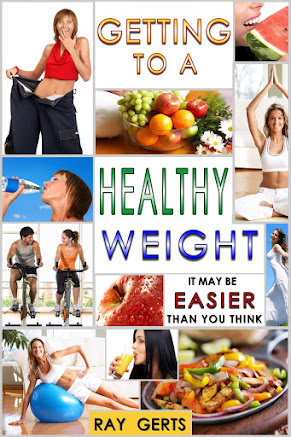Which Is Worse For Your Diet, Fat Or sugar?
In case you are in a rush, here’s the bottom line right at the top: A healthful diet is high NEITHER in added sugar, nor saturated fat. Really.
We have been hearing a lot of noise about sugar in our diets, and frankly, a lot of it is sugarcoating history. We have also been hearing a lot of noise about fat in our diets, and most of that is just plain fatuous.
Hadn’t you gotten that memo? Of course you had! Everybody has. There is prominent advice to limit sugar intake in the Dietary Guidelines for Americans all the way back to the very first such report in 1980.
We are never going to get healthy, but will surely get dizzy from going in circles, if every argument about the harms of sugar comes with an attempt to exonerate saturated fat or vice versa. The reality is that on the basis of science, sense, and global consensus, a diet good for the health of people and planet alike is high in neither added sugar nor saturated fat. Rather, across research methods, cultures, populations, and generations, all such diets share an emphasis on minimally processed or unprocessed vegetables, fruits, whole grains, beans, lentils, nuts, and seeds, and water to satisfy thirst.
The author who wrote this for WebMd has a point. The sugar industry has been blaming saturated fats in processed foods for heart disease and the food manufacturers have been blaming the sugar industry and both of them have powerful lobbies in Washington so the government isn’t doing anything to restrict the use of saturated fats or sugar.
The real truth is that the body needs good fats and it does need some sugar. The problem is the food manufacturers don’t use healthy fats to make their products and they don’t use the natural sugar in foods either. Processed foods are made with real food substitutes. Monounsaturated fats like what we find in seafood and plants may be used sparingly, so they can list it on the nutritional guide, but all those words you don’t understand are chemicals mixed in to keep the cost low. And sugar is the same. Even if sugar is listed on the label it’s a processed sugar like the white sugar you buy in bags or the liquid chemical “fructose” that’s commonly use as a sugar substitute.
There are many chemicals in food that are not listed on the label. Chemicals that are used to add flavor. If most of these flavor additives weren’t in processed food, it would taste so bad you wouldn’t eat it. The only reason they get away with selling most processed food is because no one is dropping dead. As long as the company can’t be blamed in a “court of law” they will continue selling you food with saturated fat, processed salt, and processed sugar.
All the proof you need is just to look in the mirror and see what your diet has done to you. If you’re looking older than your years, it’s because of your diet, alcohol, and smoking. Each one contributes to your condition. Each one of the three can be blamed for shortening your life.
Look for my podcast by searching “How Bad Do You Want To Lose Weight” on the podcast app that you use. You’ll see a piece of my book cover.
If you really want to lose your body fat look for my e-books at the websites listed below. You’ll get information on Healthy eating, exercise, and diet. Instead of spending hours on the internet reading dozens of posts, you can save time by picking up one of my e-books.
There are two e-books. “How Bad Do You Want To Lose Weight?” is available at all the online bookstores selling for $3.99. Go to any of the websites below and search the title to find my e-book. This book gives you all you need to lose weight without spending money on gym memberships, diet plans, or meal plans. Look for my book. at Amazon.com, bn.com, iBooks, Kobo.com, Scribd.com, or Gardner Books in the U.K.
My new e-book is available on Smashwords.com and other online bookstores. Just type “getting to a Healthy Weight” in the search box at the top of the home page.



Comments